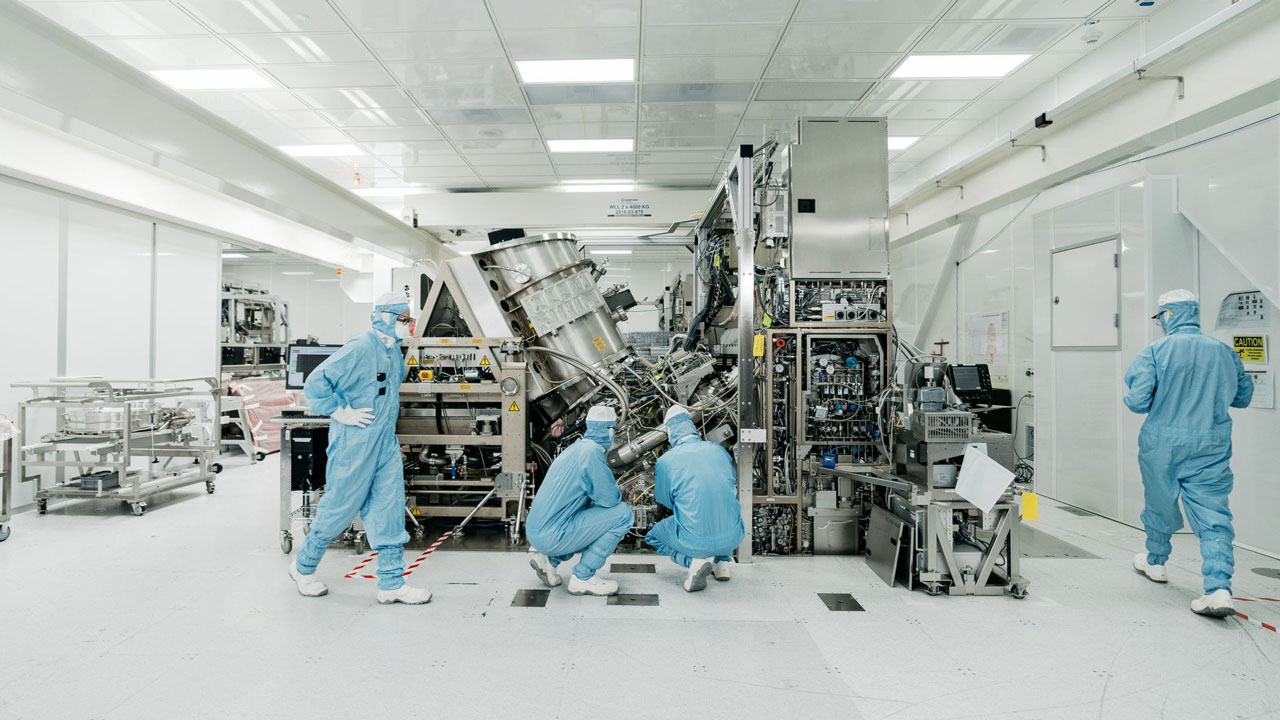
Peter Wennink, the outgoing chief executive of ASML said in an interview with Reuters that even if the U.S. government restricts the company from servicing some high-end chipmaking tools previously sold to Chinese customers, these limitations would not significantly impact ASML's financial outlook from 2025 to 2030, as only a few Chinese fabs would be affected.
Although China-based chipmakers cannot freely buy advanced wafer fab tools, Semiconductor Manufacturing International Corp. (SMIC) has procured and installed plenty of sophisticated machines and can now produce chips on 7nm-class (and perhaps even 5nm-class) manufacturing technologies. But these machines need servicing. Therefore, the U.S. government is now trying to persuade foreign governments to stop their chipmaking equipment firms from servicing these already installed tools, which will make them useless over time.
"We can service them, but not with U.S. content [which exports to China is restricted]," Wennink told Reuters. "But that's for a limited number of systems. But we can install them. Anything else that we have sold, we can install and service."
Installed base management (servicing, tweaking, and upgrading) brought ASML some €5.62 billion last year. It is hard to say how much money ASML earned servicing advanced DUV tools at SMIC, but services are a significant business.
Meanwhile, China was ASML's giant 'ship to' location in Q1 2024 and accounted for 49% of the company's revenue in geography. Virtually all lithography systems shipped to China are meant to make products on the so-called trailing nodes and do not currently fall under any restrictions. Thus, ASML will be able to service these tools for years.
In 2022, the U.S. implemented new export regulations mandating that U.S. companies and individuals obtain licenses to export equipment, technologies, and services for manufacturing advanced semiconductor components. These components include non-planar transistor logic chips at the 14nm/16nm nodes or smaller, 3D NAND with at least 128 layers, and DRAM memory chips with a half-pitch of 18nm or finer. Last year, Japan and the Netherlands followed suit and restricted exports of sophisticated WFE to China.
Additionally, American regulations prohibit U.S. citizens and green card holders from assisting in the development or production of integrated circuits at specific semiconductor fabrication plants located in China without appropriate licensing. As a result, American citizens at Chinese makers of wafer fab tools had to leave their jobs so as not to upset Uncle Sam. Now, the U.S. wants its allies to follow suit to hit the Chinese semiconductor sector again.







